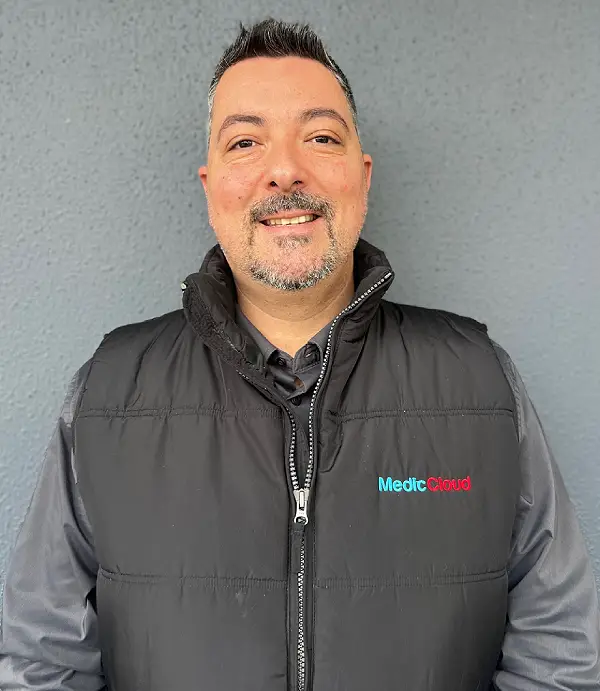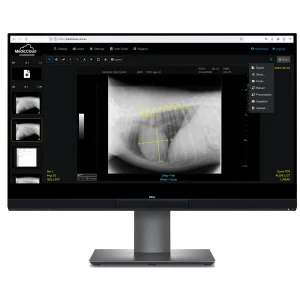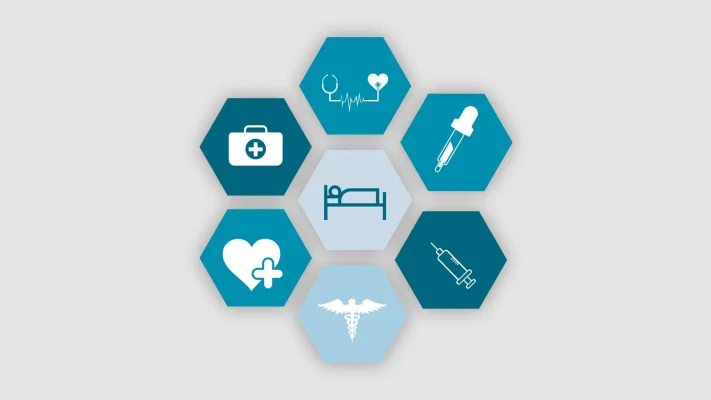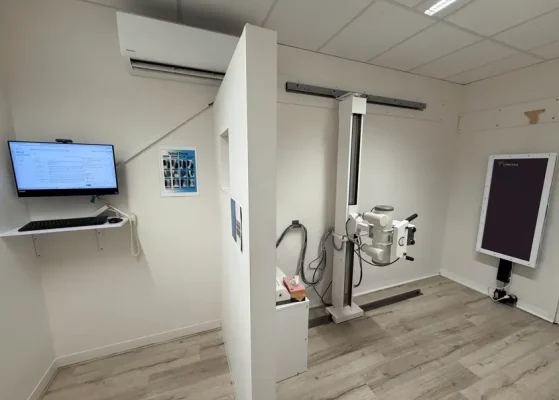Home » Business Continuity Plan For Your Clinic
Protect your clinic from disruptions
When it comes to IT in clinical settings, most practice owners understand the importance of regular data backups. But what happens when your server crashes? What if your internet connection suddenly drops out? Or worse, what if ransomware locks you out of critical patient data?
A backup alone won’t protect your clinic from costly downtime. That’s why you need a Business Continuity Plan (BCP). A clear, strategic framework designed to keep your practice running smoothly during unexpected IT disruptions.
Let’s break down what a BCP involves, why it matters, and how to get started.
🔈 Listen as podcast
Title: Business Continuity Plan For Your ClinicDuration: 05:54
What is a business continuity plan for a medical practice?
A business continuity plan outlines how your clinic will continue delivering essential services, such as patient care, imaging, communication, and administration during and after an IT failure.
It typically includes protocols for:
-
System recovery
-
Emergency communications
-
Data restoration
-
Alternate workflows
Put simply, a BCP ensures your clinic stays operational even when the unexpected hits.
Are data backups enough?
Unfortunately, no. Backups are only one part of a complete continuity strategy. While they store your data, they don’t:
-
Guarantee fast access or restoration
-
Help if your hardware is damaged or stolen
-
Provide alternative internet or phone connections
-
Keep cloud-based services running during an outage
In short, relying on backups alone can leave you exposed to major disruptions.
What happens if the server fails?
Without a business continuity plan, a server crash can bring your clinic to a standstill. Here’s what could go wrong:
-
Patient records become inaccessible
-
Radiology systems can’t connect to PACS
-
Phones and emails stop working
-
Staff revert to paper-based processes, delaying care and increasing risk
It’s not just inconvenient, it’s disruptive and potentially dangerous.
We use cloud-based systems – Do we still need a BCP?
Absolutely. While cloud platforms offer flexibility and added security, they also introduce a critical dependency on your internet connection.
Many clinics now rely on the cloud for:
-
Clinical software
-
Medical imaging platforms
-
Appointment systems
-
Phone and communication tools
If your internet connection goes down, these services go offline too and so does your clinic.
At Medic Cloud, we help practices stay resilient by implementing failover internet solutions such as automatic 4G/5G or backup fibre. These ensure you stay connected when the NBN isn’t.
What should a strong business continuity plan include?
Here’s what a well-rounded BCP looks like:
| Component | Why It Matters |
|---|---|
| Real-time system monitoring | Detects issues early before they cause outages |
| Failover internet solutions | Automatically switches to backup internet during NBN failures |
| Off-site backups | Protects data from fire, theft, or hardware failure |
| Daily backup testing | Confirms your backups are working and restorable |
| Cloud-based platforms | Keeps core systems running, even if local devices fail |
| VoIP and phone continuity | Ensures you can always contact patients and staff |
| Emergency response plan | Guides your team on actions, contacts, and priorities during crises |
Will this be expensive?
Not necessarily. Business continuity planning is scalable. Many clinics achieve reliable setups by combining hybrid cloud systems with affordable internet redundancy.
More importantly, the investment is often minor compared to the potential cost of just one day of downtime – which can range from $1,900 to $4,500 per hour.
What’s the risk of not having a plan?
The numbers speak for themselves:
-
1 in 3 clinics will face a serious IT failure within 2 years
-
The average cost of downtime runs into the thousands per hour
-
Over 60% of small businesses that suffer extended downtime shut down within 6 months
Without a plan, you’re gambling with your clinic’s future.
Software solutions we offer at Medic Cloud
Our range of software solutions.
Business continuity vs disaster recovery – What’s the difference?
While often confused, these are two separate strategies:
-
Disaster recovery focuses on restoring data and systems after an incident
-
Business continuity ensures you can keep operating during the incident itself
You need both. Especially in a clinical environment where patient care can’t wait.
Who should create your BCP?
Your IT provider should take the lead, but not just any provider. Choose a team that specialises in healthcare IT.
At Medic Cloud, we understand the workflows, compliance requirements, and system integrations unique to medical practices. Our tailored solutions go beyond generic IT to give you peace of mind.
Final thoughts
Yes, backups are important but they’re just the start. In today’s digital-first healthcare environment, your practice depends on uptime, secure access, and patient trust.
A robust business continuity plan ensures you’re ready for the unexpected and able to keep delivering care, no matter what.
Ready to protect your clinic? Let’s talk continuity.
Read more blogs

Subscribe to Medic Hub
Get the latest insights direct to your inbox.






